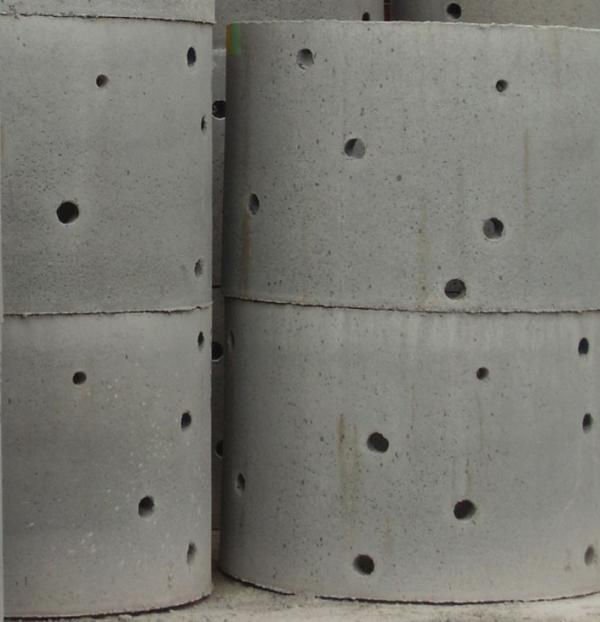| Home |
| Green Building Bible, Fourth Edition |

|
These two books are the perfect starting place to help you get to grips with one of the most vitally important aspects of our society - our homes and living environment. PLEASE NOTE: A download link for Volume 1 will be sent to you by email and Volume 2 will be sent to you by post as a book. |
Vanilla 1.0.3 is a product of Lussumo. More Information: Documentation, Community Support.
Posted By: Dominic CooneyDJH made a good point about floors in another thread, the material itself has a lot of bearing on the feeling of comfort - a hard floor e.g. tiles or polished concrete will 'feel' colder than a carpet/rug, even if the floor is the same temperature.Posted By: CJTnothing better than direct heat when coming in From the cold
When you walk into our barn from the cold outside, you feel the warmth - it's just that it's everywhere, uniformly, not from one appliance.
But we have UFH from a GSHP, does the Hot Water as well.
If you are putitng new floors in, then adding UFH pipes is dead easy, especially if you are doing it yourself.

Posted By: CJTIf i can be convinced ASHP is viable at the time i need it most along with UFH i can go down that route as its cheaper and less hassle than installing GSHP even though i have the land to do it. I need to get advice to see if i can utilise the existing 30 pv panels we have already nearbyAn ASHP will certainly be viable. The modern ones, properly installed, are pretty capable. As regards using PV to power it that may not make much sense. The problem is that the time of year you need heating is exactly the time when there's least sunlight. So whilst it's easy enough to generate enough power over a whole year to match or exceed consumption, it's very difficult to do it minute-by-minute or even day-by-day. Wind is better matched and hydro even more so. But neither are ideal or even possible onsite in most circumstances.
Posted By: philedgeI'd have a think about the resilience of your energy supply before you decide on a heating system or discount anything. With the forecast climate unpredictabilty ahead of us, anyone living outside urban areas is well advised to consider the impact of flooding or serious storm damage. The utilities prioritise getting the most people back on supply as quickly as possible so a 100 house village will always get priority over single house or small groups.
If youre feeling vulnerable it could be that you want to keep a small woodburner in the plan aswell as an ASHP. Even in winter your 30 panel PV array will likely generate enough to keep the basic house load supplied in an off grid configuration with batteries. That may need a change of inverter to one that supports house backup and islanding but you then be able to run without the grid.
Only you know the level of resilience youve got and your tolerance to disruption but its worth investigating. We used to live on the outskirts of a sizeable village but unbeknown to us our road of 70 houses was on an overhead supply separate to the 100s of houses in the village. A winter storm put a tree through our supply and we were without power for 3 days over Xmas whilst the rest of the village had power and the DNO was out getting bigger groups of people back on supply. We've had a generator and resilient heating and cooking ever since.